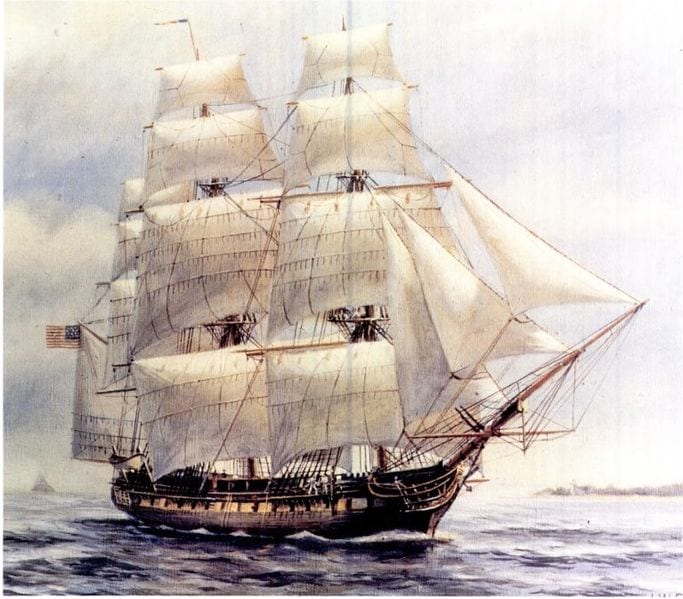We say and we once more repeat it, that the Chesapeake, being a national ship, was not liable to be searched for any purpose, nor to have any of her crew taken from her. This is ground that ought to be maintained at every hazard. But on the other hand, candor demands the concession, that it was in every way improper in the American commodore to enlist four deserters from the British man of war, knowing them to be such; and whether they were English subjects, or had voluntarily enlisted and received their bounty (this being a conduct long since silently permitted by us), is immaterial. And we say further that if the Administration, on being applied to by the English counsul, refused to accommodate the affair, but insisted on protecting the men by placing them under the national flag, the Administration thereby became criminal, and are answerable to the people for their culpable conduct.
Such are the sentiments we hold on this subject: they have been often revised, and are believed to be correct.
The result is that our own Administration are considered as having been to blame; but not so that their misconduct justified the resort to force on the part of the English. On this point, we are ready to say that we consider the national sovereignty has been attacked, the national honor tarnished, and that ample reparations and satisfaction must be given or that war ought to be resorted to by force of arms.



